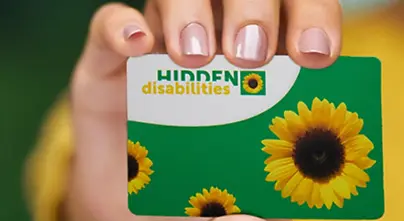ADULTS & COMMUNICATION DISABILITIES
Adults experience communication disabilities such as:
-
Aphasia - difficulty understanding and/or using language/words
-
Apraxia of Speech - motor programming disorder affecting articulation
-
Dysarthria - weakness of muscles affecting articulation
-
Dysfluency - stammering/stuttering
-
Cognitive-Communication Disorder - difficulties in processing thoughts, knowledge, and awareness affecting communication
-
Sensory impairment - hearing, seeing and touch
-
Dysphonia - voice problems

These are often acquired though some are developmental, may be temporary or permanent, consistent or variable. Some of the underlying causes of communication disability include:
-
Stroke
-
Brain injury including tumours and its treatment
-
Progressive neurological disorders such as Parkinson’s Disease, Motor Neuron Disease, Multiple Sclerosis or Huntington’s Disease
-
Dementia
-
Head & Neck cancer and its treatment
-
Learning Disability
-
Autism
-
Mental Health conditions such as schizophrenia
How might adults with communication disabilities find it difficult to understand or use preferred pronouns or “gender-neutral” language? Let’s explore some of the communication disabilities adults experience.
Summary
As you’ve just read, communication disorders are many, varied and complex.
In significant numbers of adults, communication disability can initially be non-visible to a conversation partner, who does not know them (well). Only once you begin to enter into a conversation (or fail to) does it become apparent that the person has a problem.
If everyone in a workplace or school or University or ward or court-room is expected to follow a policy of ‘inclusive’ language that centres around gender but forgets about communication disability, then that is thoroughly unfair, unjust and in some circumstances, may even be against the law.
References:
(1) Kim J, Kim M, Yoon JH. 2020. The tip-of-the-tongue phenomenon in older adults with subjective memory complaints. PLoS One. Sep 18;15(9):e0239327.


